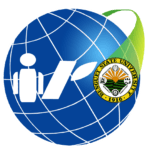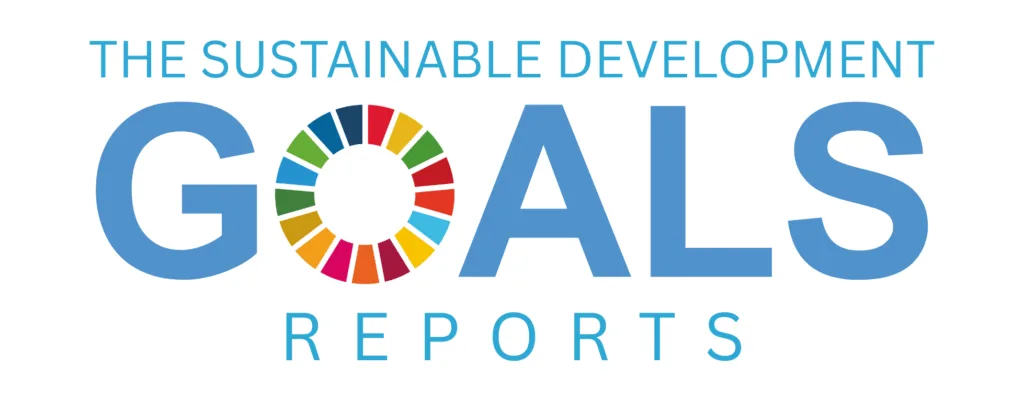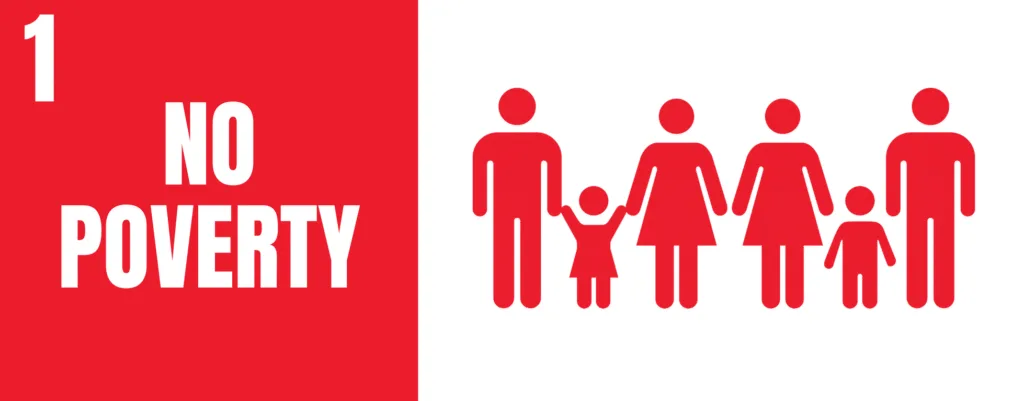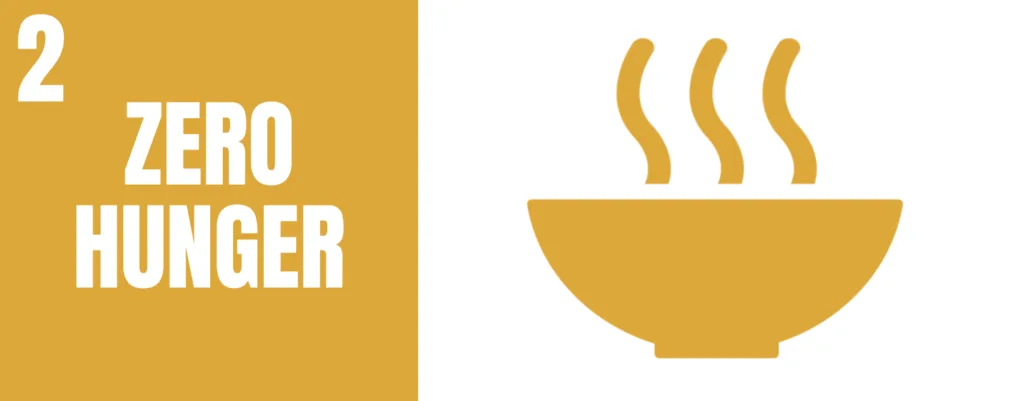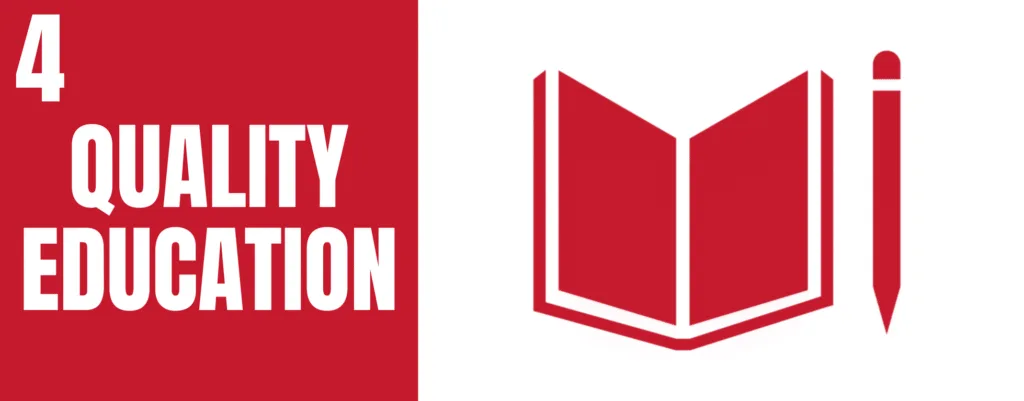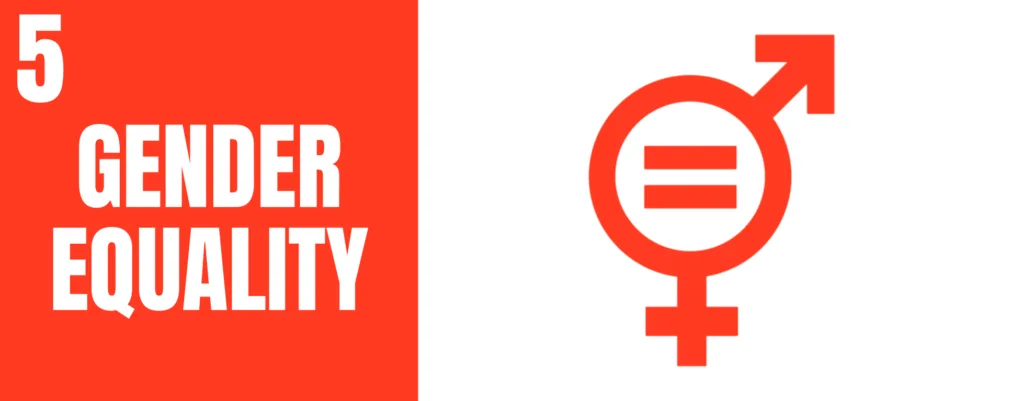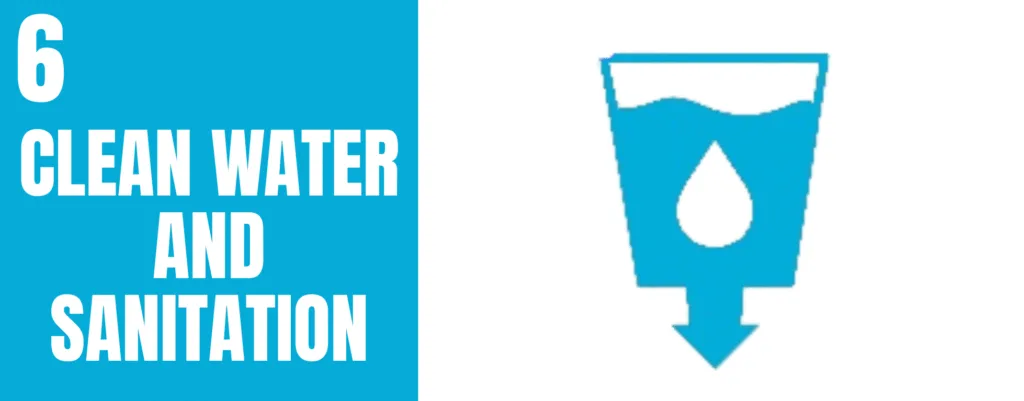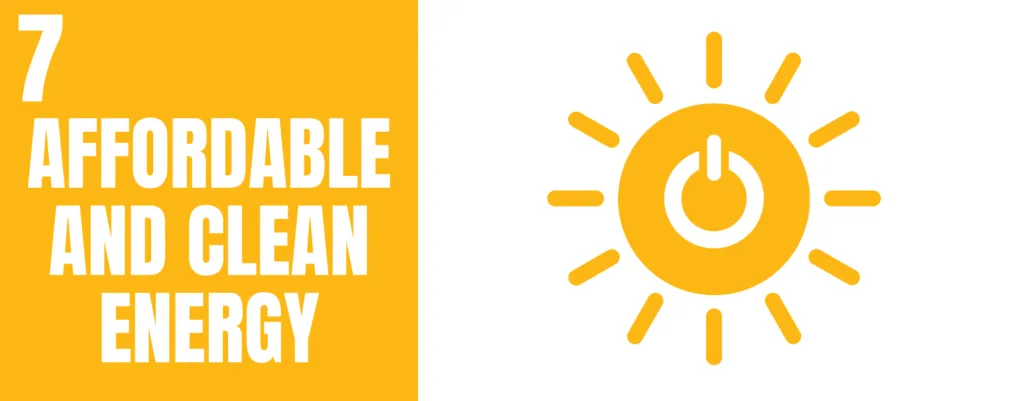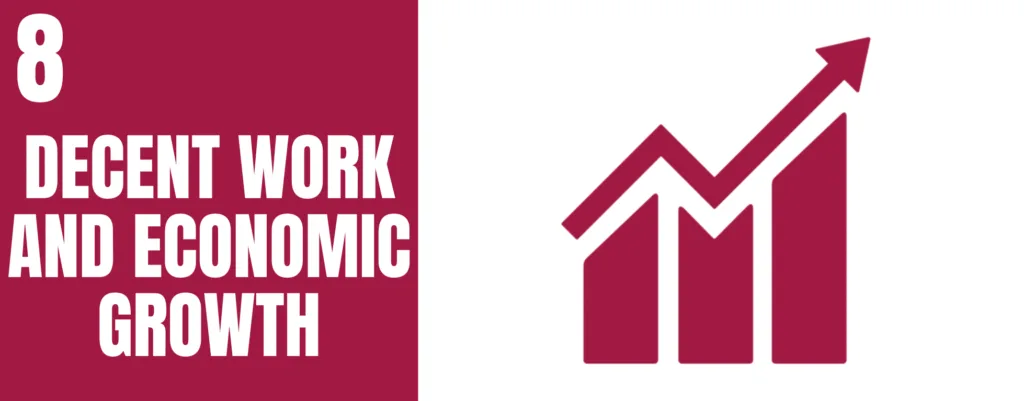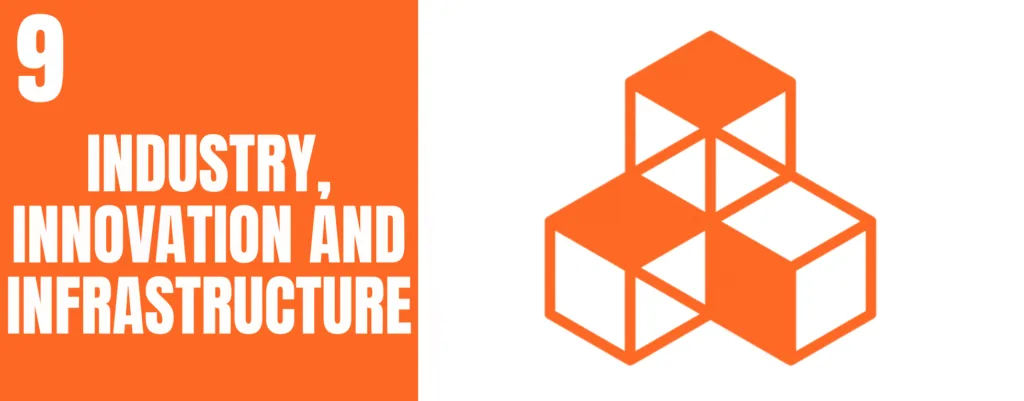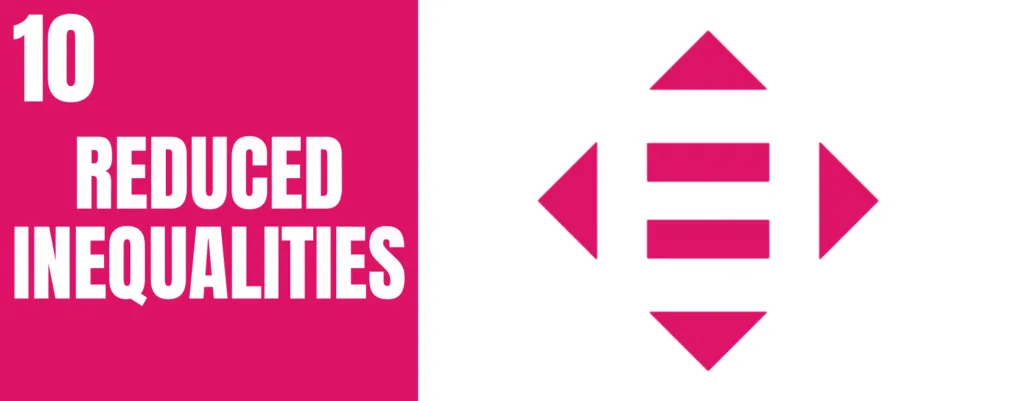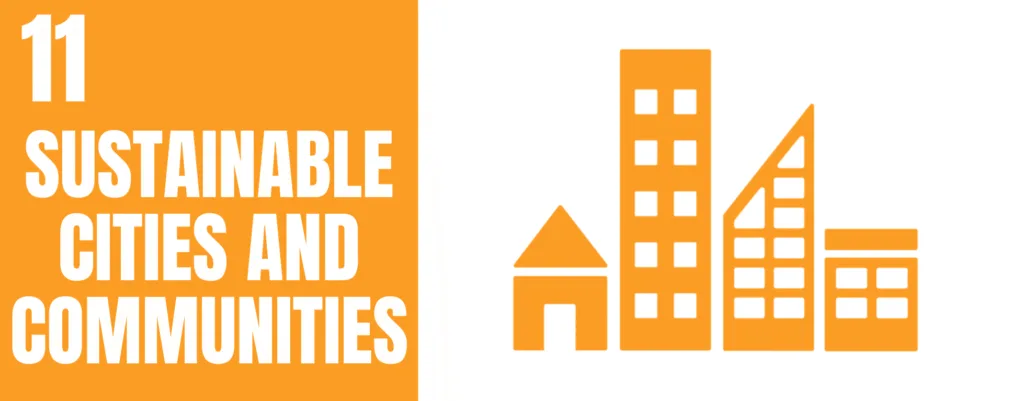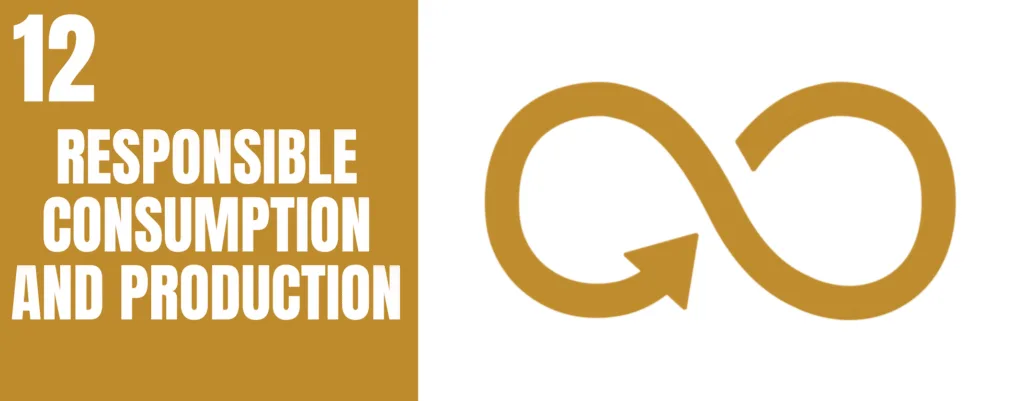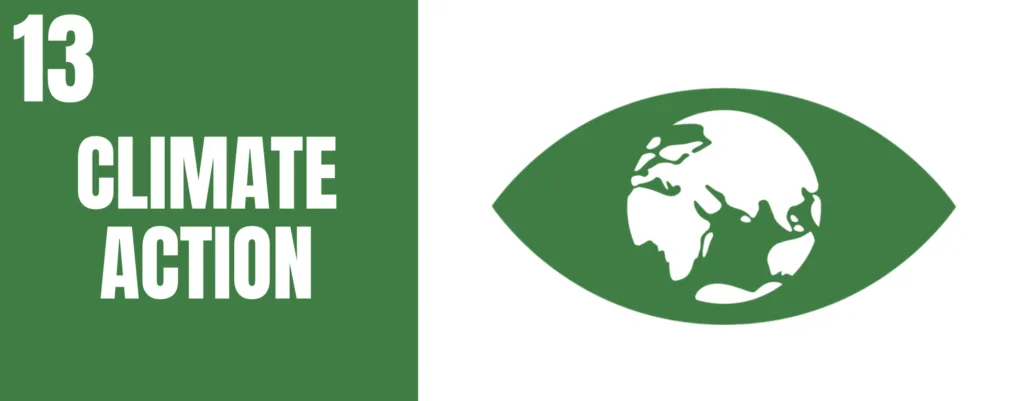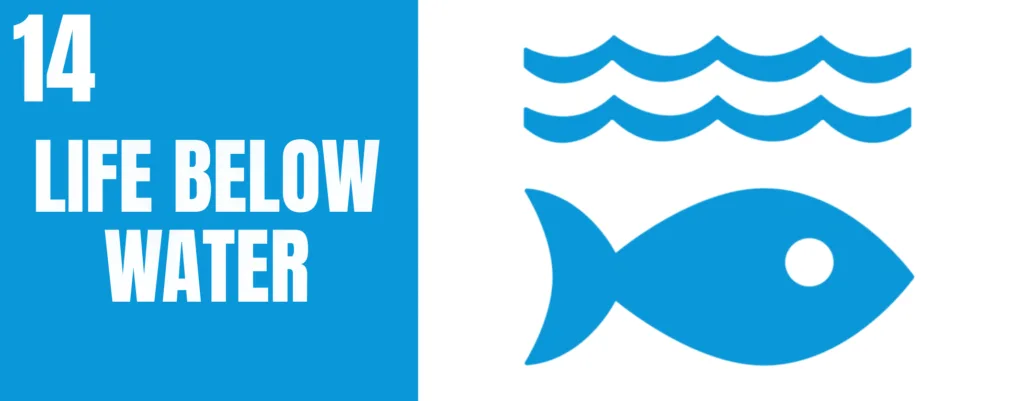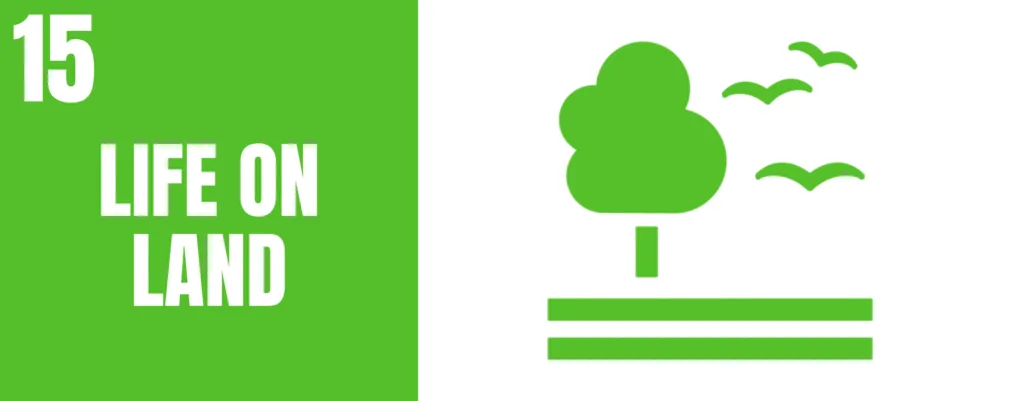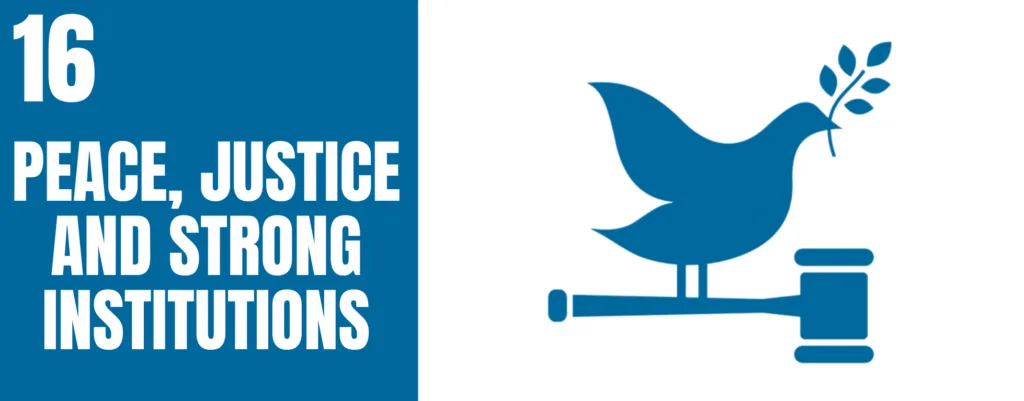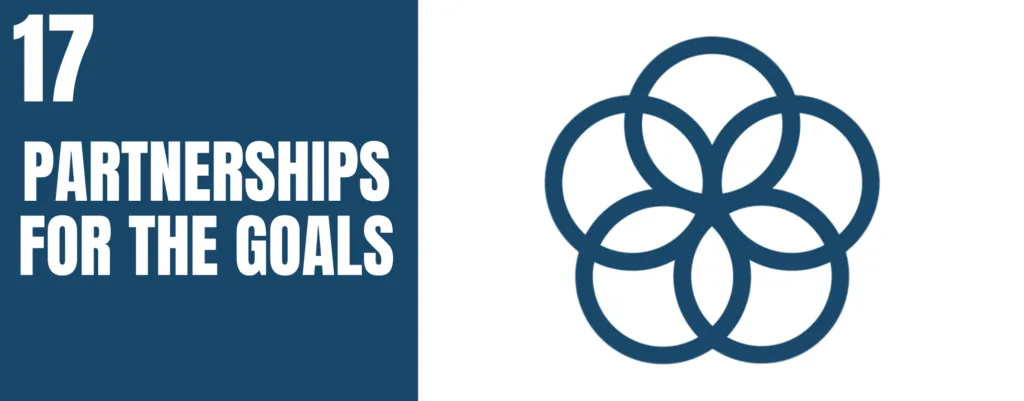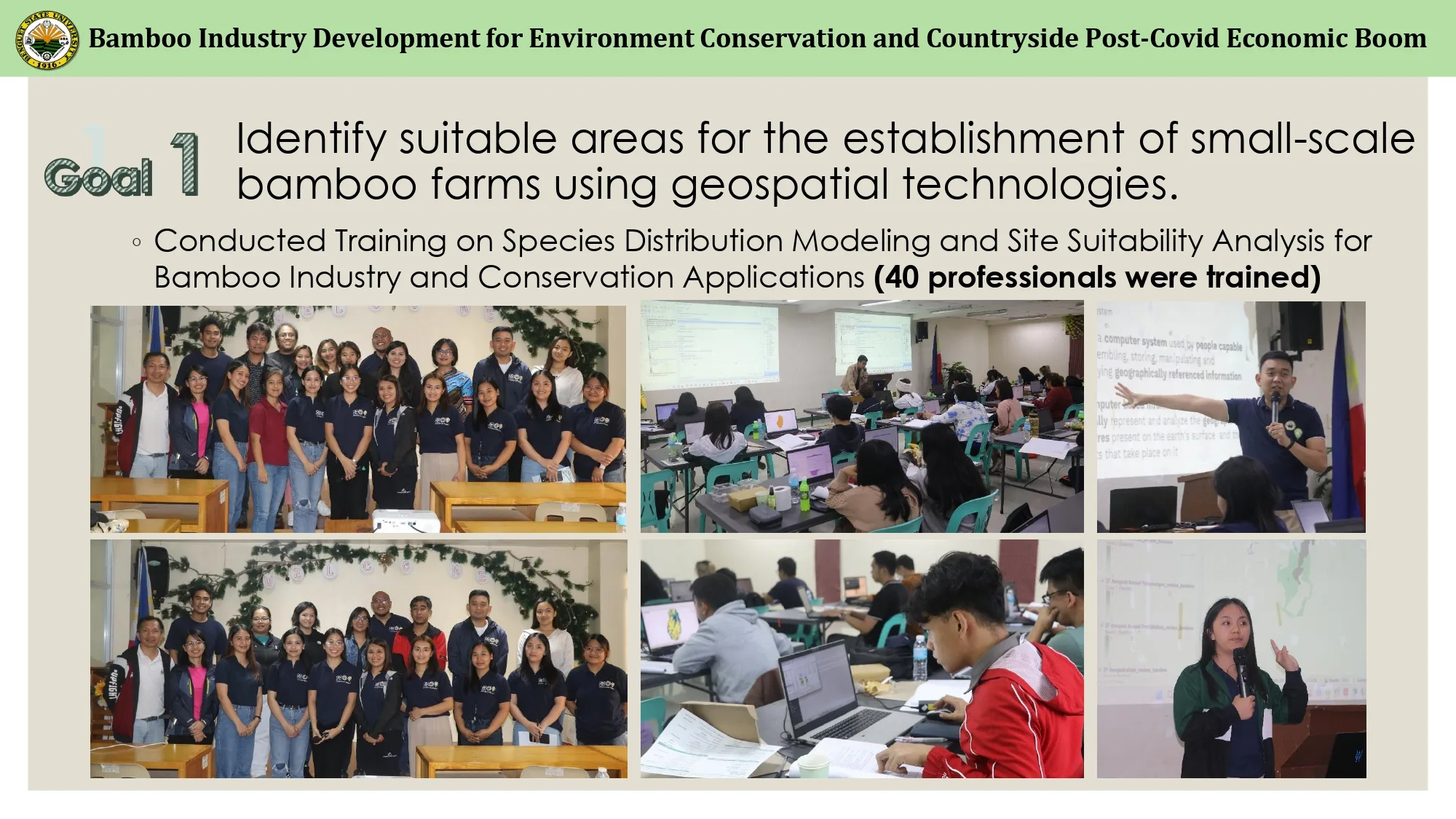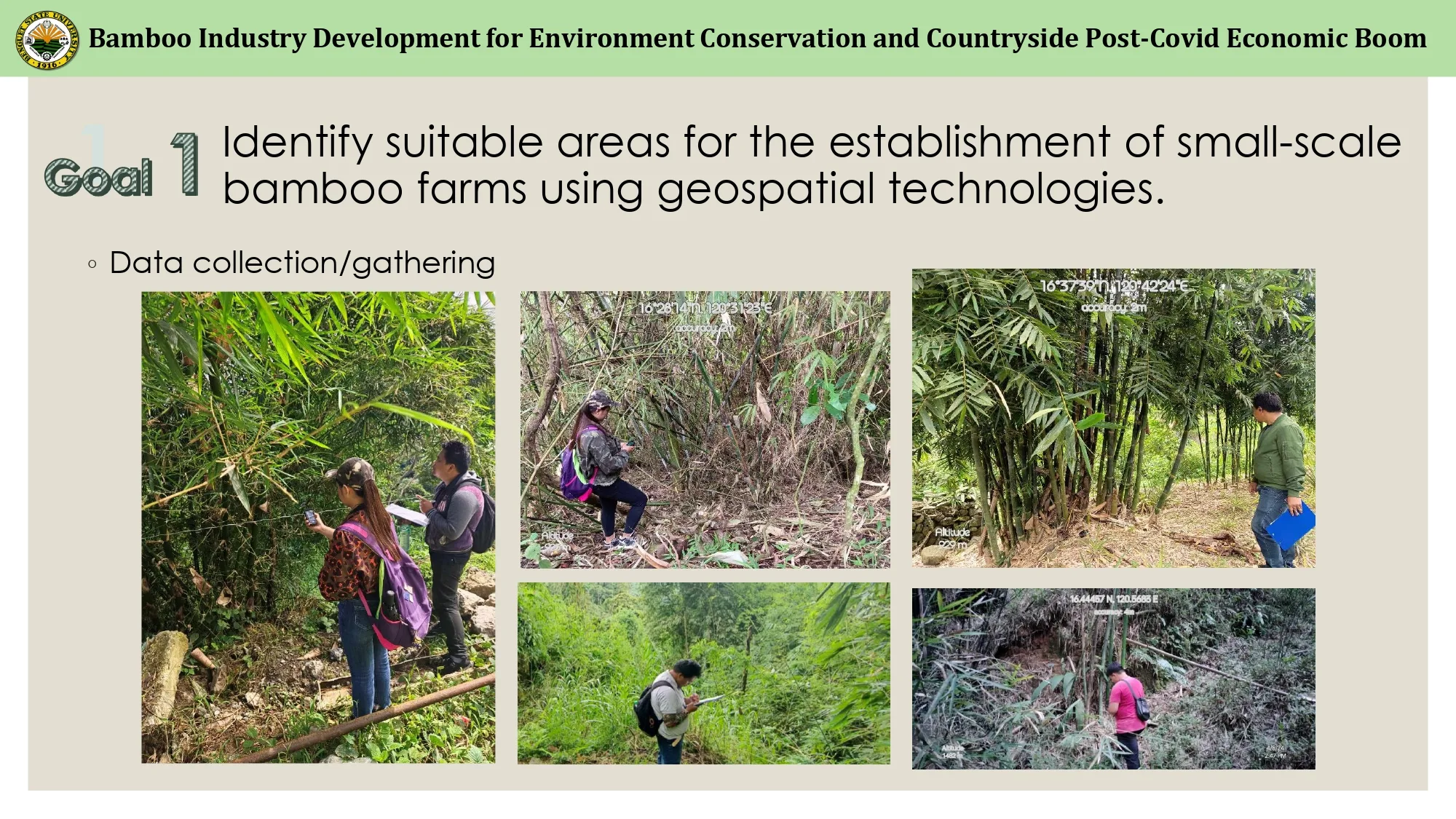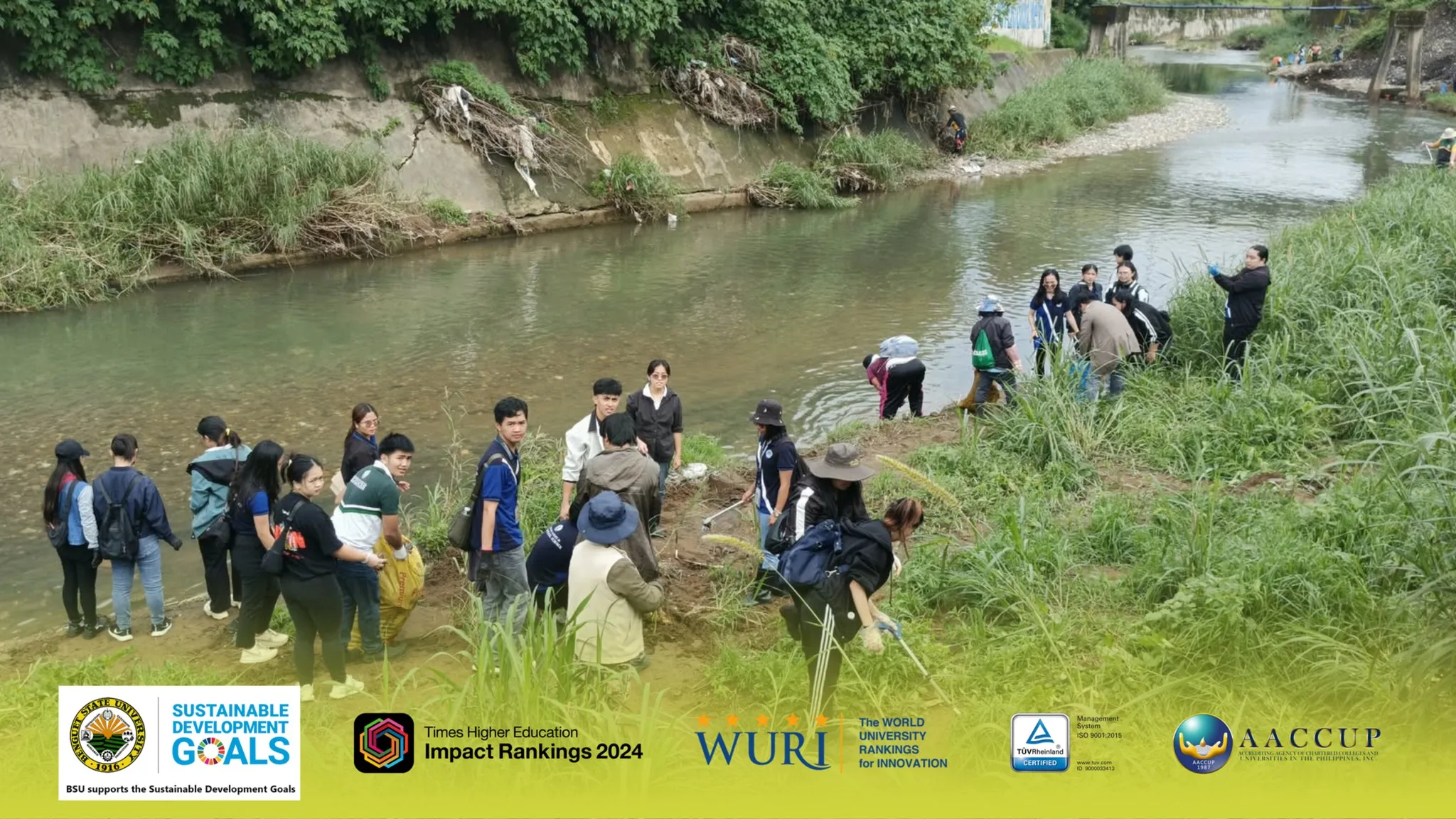SDG 15: LIFE ON LAND
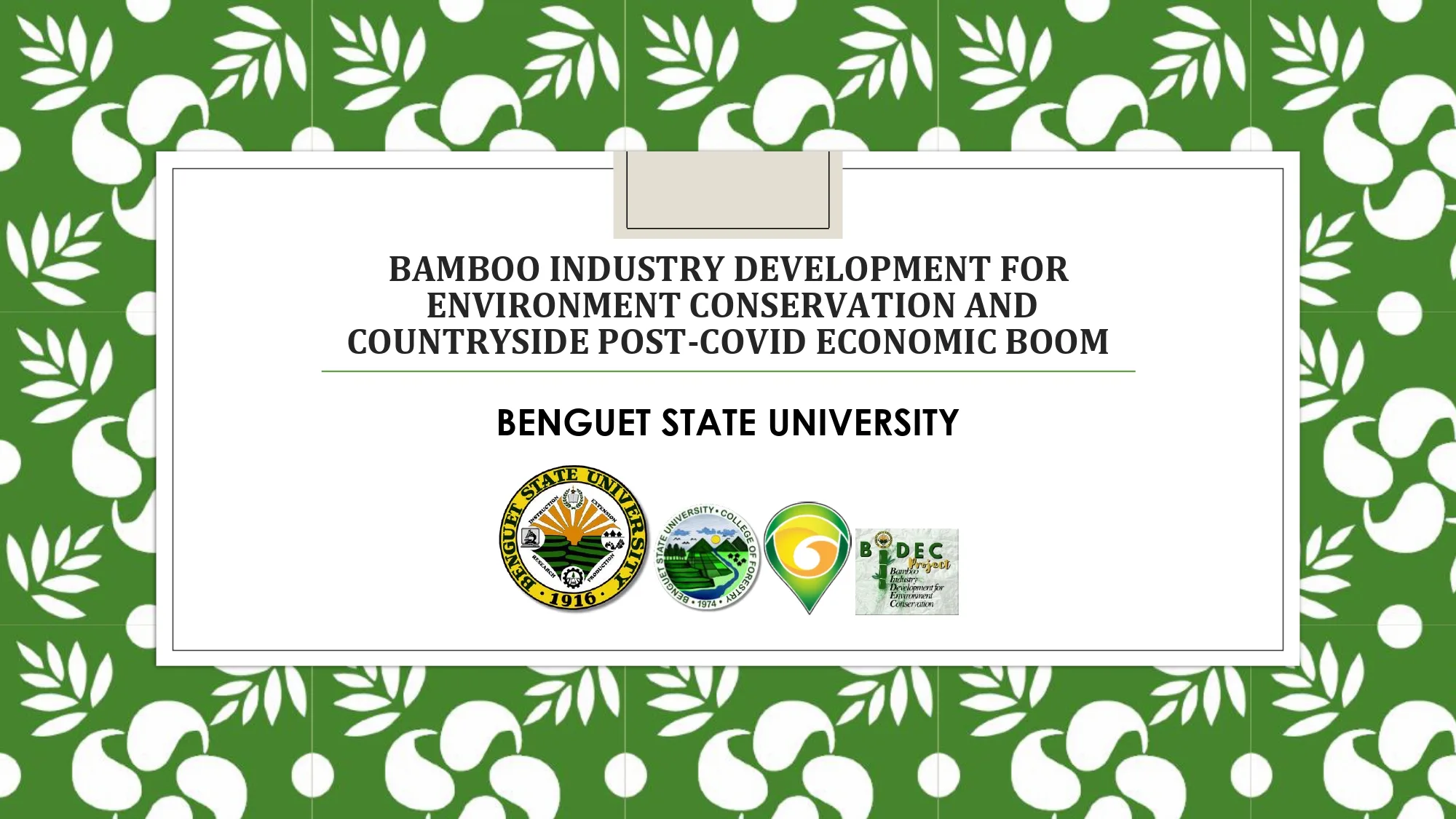
Benguet State University (BSU) demonstrates a comprehensive, action-oriented approach to implementing Sustainable Development Goal 15 (Life on Land). In 2024, the University institutionalized policies and executed targeted programs across its research, extension, and administrative functions to protect and restore terrestrial ecosystems, promote biodiversity, and ensure sensitive land stewardship within the Cordillera Administrative Region.
Supporting Land Ecosystems Through Education
BSU integrates knowledge about sustainable land use, ecosystems, and biodiversity into both its formal curricula and its community-facing extension services.
The Office of Extension Services (OES) provides Responsive Technology Promotion & Rural Advisory Services which are utilized to educate farmers and community clients. The 2024 Potato Field Health and Productivity Policy aims to guide farmers on disease prevention and sustainable management.
On June 4, 2024 , Benguet State University (BSU), through its Northern Philippines Root Crops Research and Training Center (NPRCRTC), collaborated in a training program focused on sustainable cultural management practices for ubi (purple yam), with the objective of linking production to institutional markets. The outreach program trained farmers and cooperatives in sustainable cultural management techniques, including soil management, pest and disease control, and postharvest handling. This initiative promotes agricultural sustainability by enhancing crop productivity while conserving land and soil resources.
The Bachelor of Science in Forestry and Master of Science in Forestry programs at Benguet State University are designed to equip students and the community with essential knowledge about ecosystems, focusing on wild flora and fauna. These programs offer educational outreach, emphasizing sustainable forest management, biodiversity conservation, and ecosystem restoration.
The Bachelor of Science in Tourism program at Benguet State University promotes sustainability by offering educational outreach focused on the responsible management of natural resources. By providing training on sustainable land use and eco-tourism practices, the program equips students and community members with the skills needed to protect natural landscapes.
BSU formalized a MOA with the Kabayan LGU in December 2024, and Kabayan officials invited the BSU team to their upcoming eco-tourism celebration and Bendiyan Festival in May 2025. This established the foundation for future educational collaboration on sustainable tourism management.
Through a Memorandum of Agreement (MOA) with the Animal Kingdom Foundation (AKF), BSU established a research and demonstration farm for cage-free egg production at the Department of Animal Science Laboratory Farm, supporting humane and sustainable poultry management while promoting responsible land use. In addition, BSU supports TUBIGS (Timpuyog dagiti Umanamong iti BSU Internal Guarantee System), an organization of organic farmers associated with the university and its BSU Internal Guarantee System (BIGS), which advocates for organic and biodiversity-friendly farming practices. Together, these initiatives reflect BSU’s commitment to fostering biodiversity, promoting ethical agriculture, and ensuring sustainable stewardship of land resources within and beyond the university.
The College of Natural Sciences (CNS) and the College of Forestry (CF) of Benguet State University conducted Biology Week 2024 with the theme “Sparking Fire Safety: Empowering Future Biologists to Ignite Awareness and Action” at the Puguis Communal Forest. The event aimed to raise awareness on forest fire prevention and management and to install the signboard marking BSU’s Adopted Area in the forest. Speakers from the La Trinidad Fire Station and MENRO discussed fire prevention measures, environmental laws, and local forest management programs in La Trinidad and the Cordillera region. The activity reminded students of their responsibility as environmental stewards and advocates of sustainable forest management. The program concluded with the installation of the BSU Adopted Area signboard under MENRO’s “Adopt a Forest” initiative, supported by DENR-CAR, MENRO, the Puguis Barangay Council, and BFP-La Trinidad.
BSU-International Relations Office co-hosted an event on November 6, 2024, titled “Indigenous Farmer Responses to Loss and Damage”. This forum explored the vital role of indigenous communities in responding to climate change impacts on land use and conservation.
Supporting Land Ecosystems Through Action
BSU actively engages in conservation, restoration, and ecosystem planning, demonstrating a core commitment to the long-term health and sustainability of its associated forests, mountains, and agricultural lands.
Sustainable Use, Conservation, and Restoration of Land
BSU maintains explicit strategic plans and policies to enhance its role as an environmental steward and carbon sink, focusing on ecosystem conservation and restoration:
- Forest Restoration Initiatives: BSU launched the Project “Bamboo Industry Development for Environment Conservation and Countryside Post-COVID Economic Boom (BIDEC)”. This initiative aims to establish innovation model farms of bamboo species in mined areas, contributing to reforestation, soil conservation, carbon sequestration, and land rehabilitation.
- Policy for Conservation and Restoration: The BSU Land Use Policy ensures the conservation of approximately 48.96%, or 322.66 hectares, of forest reserves and watersheds within BSU’s landholdings.
- Carbon Sequestration and Restoration Commitments (2024 Planning): The university committed to the Carbon Stock and Carbon Sequestration estimation of its Adopted Forests (Puguis, Alno, Shilan) in 2024–2025 planning. Furthermore, BSU committed to the Exotic Tree Replacement with Fast Growing, Climate Resilient Native Trees policy, replacing mature trees to enhance carbon sequestration potential and ecological resilience.
Monitoring Biodiversity and Local Planning
- Maintain and Extend Current Ecosystems’ Biodiversity: The university works to preserve, restore, and encourage the sustainable use of terrestrial ecosystems through efforts that avoid biodiversity loss. Research efforts include developing a Technology and Innovation Farm Model of Indigenous and Economically Valuable Species aimed at Forest Restoration and Biodiversity Conservation in Benguet.
- Monitoring IUCN and other conservation species (policies): BSU researchers are actively involved in developing endemicity and conservation importance indices. Specifically, a floral diversity assessment of Mt. Natoo in Benguet identified 12 threatened species, providing a scientific baseline for identifying and monitoring biodiversity at risk, aligning with IUCN standards and national conservation priorities.
- Local Biodiversity Included in Planning and Development: The BSU Biodiversity Research Center was constructed to support the University’s research mandate, providing a dedicated facility for conservation studies and ensuring that local biodiversity is incorporated into planning and development processes. The Innovation Farm Model involves site characterization and suitability mapping for indigenous species.
- Alien Species Impact Reduction (Policies): BSU has a policy to engage in Collaborative research to reduce the impact of alien species. The university participated in an activity focused on the assessment of bioinvasion and proliferation of exotic plant species in Baguio City’s Camp John Hay, serving as a basis for policy inputs on exotic species management.
- Collaboration for Shared Land Ecosystems: BSU collaborated with local organizations and government on shared land maintenance:
- The Adopt-a-Community Program MOA in Barangay Nawal, Bokod, Benguet, outlines a contractual commitment for the development of the barangay’s resources, explicitly including environmental protection.
- BSU partnered with the Tiongsan Foundation, Inc., and the Barangay Local Government of Nangalisan, Tuba, to maintain agroforestry areas in Benguet, ensuring public-private collaboration for sustainable land use and biodiversity protection.
- The partnership with Northern Cement Corporation (NCC) (June 2023–June 2024) included research focused on ecological studies and carbon stock.
Land Sensitive Waste Disposal
BSU implements strict waste management policies and infrastructure development to mitigate pollution risks to terrestrial and aquatic environments.
Water Discharge Guidelines and Standards
- Water Discharge Guidelines and Standards: BSU established water quality standards and guidelines for water discharges as part of its efforts to protect and improve the Balili River, which was designated a Water Quality Management Area (WQMA) under DAO 2013-05. BSU actively participates in the Balili River Rehabilitation Program, including Water Quality Management, research, and revitalization efforts to maintain water quality for agriculture, irrigation, and livestock use.
Policy on Plastic Waste Reduction
- Policy on Plastic Waste Reduction: BSU has adopted a comprehensive Solid Waste Management Program in line with the Ecological Solid Waste Management Act (RA 9003) and local ordinances. Striving for a “zero waste” goal, the program focuses on waste minimization through segregation, recycling, re-use, and reduction. Studies conducted at BSU recommend that students strictly comply with the waste segregation policy.
Policy on Hazardous Waste Disposal
- Policy on Hazardous Waste Disposal: BSU undertook a major infrastructure project in 2024 with the Construction of Hazardous Waste Storage facility at Bektey, Longlong, La Trinidad, Benguet. This dedicated facility ensures safe, centralized, and regulated containment of potentially harmful materials, minimizing risks of soil, water, and air pollution from improper waste handling.
- Policy on Hazardous Waste Disposal: BSU, through its Pollution Control Office, has continuously monitored hazardous waste within the University, including Bokod and Buguias campuses. Regular and updated reports were submitted to the Environmental Management Bureau (EMB). In January 2025, the temporarily stored hazardous waste was disposed of and transported by an accredited and registered company.
